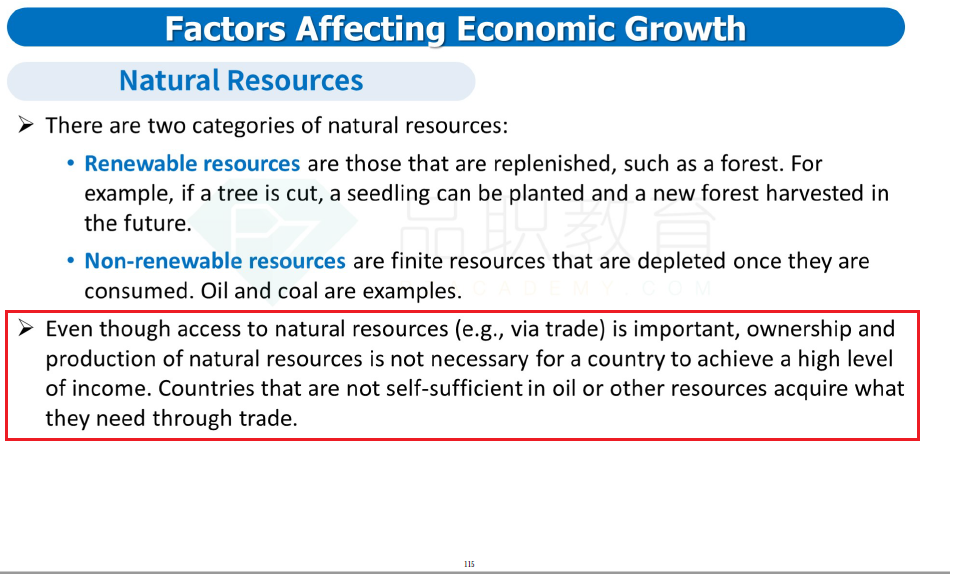NO.PZ2023041102000039
问题如下:
Banantoumou believes that the Sagara economy relies too heavily on the export of natural rubber. He is convinced that significant industrial capital investment will persuade foreign direct investors that he is serious about economic development. He announces that the Sagara government will construct a large tire factory to take advantage of the country's rubber resources. Banantoumou expects that as a result of this investment, per capita productivity will rise rapidly driving rapid growth in GDP.
N'Diarra is not as optimistic. She warns Banantoumou that Sagara could fall prey to a resource curse known as the Dutch disease. As demand from the tire factory drives up the price of rubber, capital flows out of the country and the local currency could depreciate rapidly. This situation can be prevented if foreign investors are allowed to own rubber plantations directly rather than just having access through international markets.
N'Diarra's warning regarding the resource curse and its prevention is most likely incorrect with respect to:
选项:
A.her comments about both currency depreciation and direct ownership of rubber plantations. B.her comment about owning rubber plantations directly. C.her comment about currency depreciation.解释:
Both her comments are incorrect. In the Dutch disease scenario, currency appreciation driven by strong export demand for resources makes other segments of the economy, in particular manufacturing, globally uncompetitive. She is also incorrect regarding direct ownership of the rubber plantations by foreigners; access to natural resources is essential but ownership is not.
她的两个评论都不正确。在荷兰病情景中,由对资源的强劲出口需求会驱动的货币升值,使经济的其他部门,特别是制造业,在全球失去竞争力。她关于外国人直接拥有橡胶种植园的说法也是不正确的;获得自然资源至关重要,但所有权并非如此。
她描述的depreciation正好和荷兰病是反的。因为荷兰病会导致appreciation, 因此国家自建工厂,出口轮胎而不是橡胶本身,用技术升级替代了自然资源,使橡胶涨价资本流出,阻止本币升值呀。那么her comments about currency depreciation为什么不对呢?请老师为我解答一下,谢谢!




